The Haçienda Apartments
This building's name and a plaque are all that's left of what was probably the most important nightclub of the Madchester music scene.
Between the 1980s-90s, Manchester probably dethroned London as the English capital of popular music. This lead to what came to be known as the “Madchester” scene. This movement wasn’t entirely defined around a single music genre, but instead was mostly related to what people did at concerts, were they by rock, Britpop, rave or fusion acts. The carefree dancing, drug consumption, and party attitude of Madchester was probably best exemplified by The Haçienda.
Opening in 1982, for its first years, this nightclub showcased the best (read: most depressing) of Greater Manchester’s and the North’s bands, with the Smiths making an early appearance. By the end of the decade, the city’s music had turned to the party-heavy, and The Haçienda was hosting major raves scored by DJs playing electronic remixes of bands like Happy Mondays and James.
Save for the Smiths, all of the music acts named above were, at least for a time, part of the Factory Records label. Founded in 1978 by Tony Wilson and Alan Erasmus, Factory (which was originally a nightclub too) took its name and some key ideas from Manchester’s fading role as an industrial city. One of its most unique concepts was a numeric cataloging system that included not just albums but also other assets like the Haçienda itself (FAC51).
Factory’s drug-fuelled, Madchester-like approach to business would take its toll, with the label going bankrupt in 1992. Haçienda managed to hold on for five years after that, but the building was eventually demolished, with the current apartment building taking its place in 2003. Its name is a tribute to the party institution that once stood here, and a PRS Music Heritage plaque on the wall name-drops only one band.
The plaque states that James first gigged there in 1982. During the height of Madchester and Haçienda, Happy Mondays and New Order were their highest-earning bands. Internationally, it was probably Oasis that became the biggest 90s band from Manchester. They, of course, also played this club not long before its closure, and the beginning of the end for Madchester in favor of the Britpop and indie rock booms of the U.K. at the turn of the century.
Know Before You Go
Featuring cameos from some real Factory Records personalities, the 2002 film "24 Hour Party People" dramatizes Tony Wilson's career and The Haçienda.
Since this is a habitational building, please be respectful of residents. The plaque and sign are both publicly visible at all times.
Plan Your Trip
The Atlas Obscura Podcast is Back!









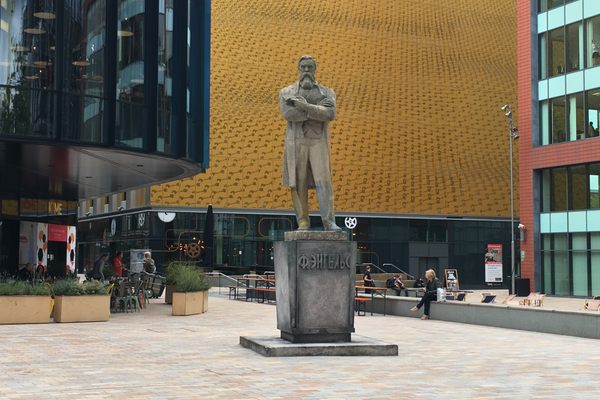
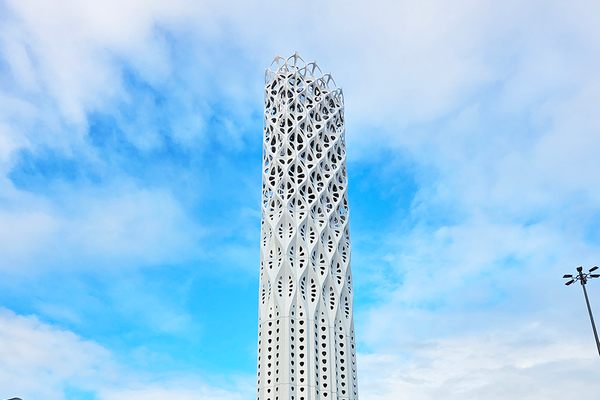
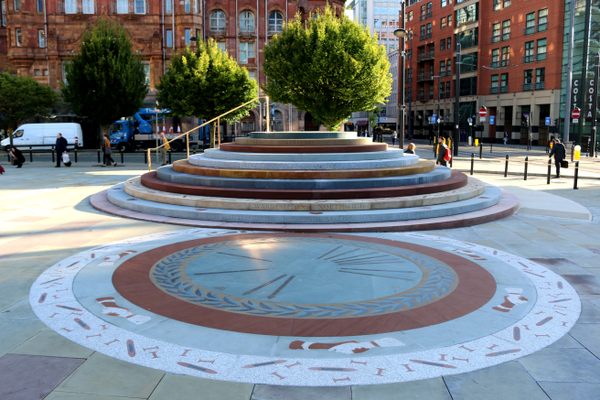
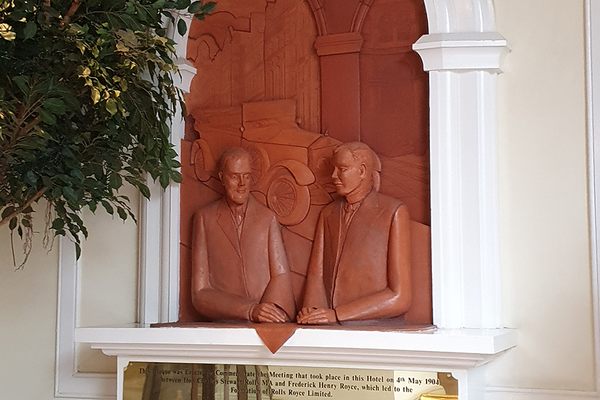
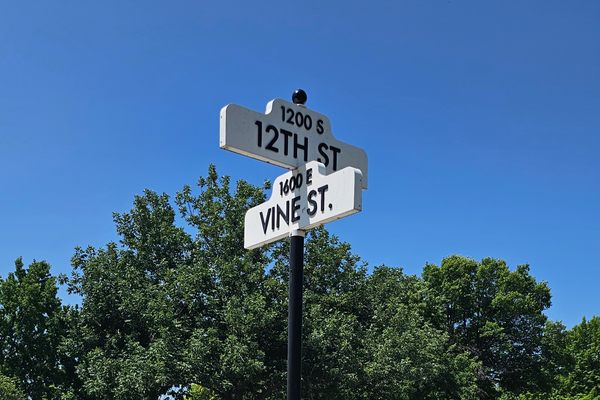
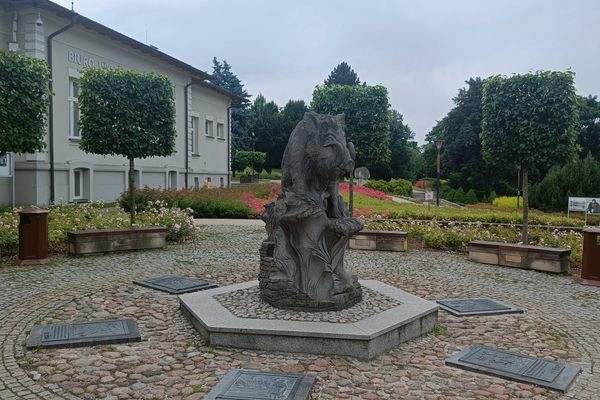

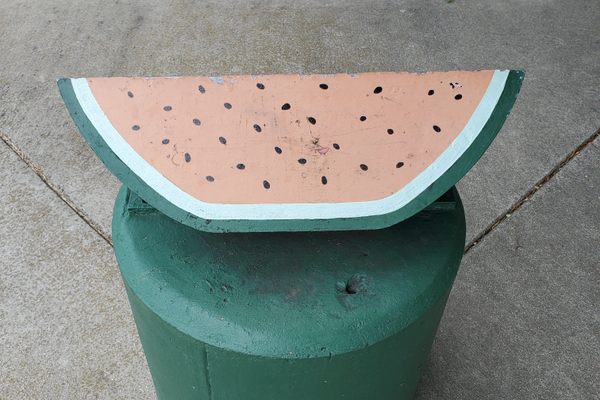

Follow us on Twitter to get the latest on the world's hidden wonders.
Like us on Facebook to get the latest on the world's hidden wonders.
Follow us on Twitter Like us on Facebook